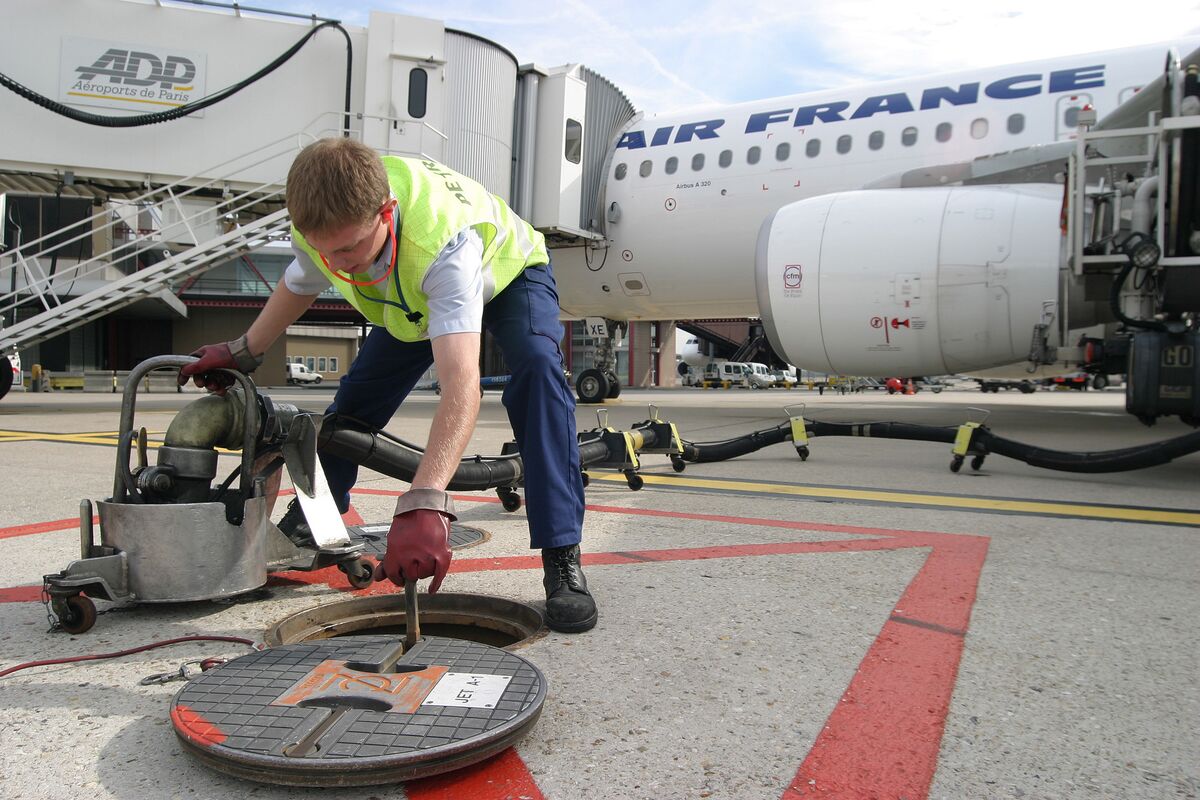
Aviation fuel suppliers play a crucial role in keeping the skies busy and planes flying smoothly. Ever wondered how aircraft get the right fuel to soar through the clouds? These suppliers ensure that every plane, from commercial jets to private planes, gets the precise fuel needed for safe and efficient travel. Aviation fuel isn't just any fuel; it’s specially formulated to meet strict standards. Suppliers must manage logistics, quality control, and safety regulations to deliver this vital resource. Understanding the ins and outs of aviation fuel suppliers can shed light on the complexities behind every flight. Ready to learn some fascinating facts about these unsung heroes of aviation? Buckle up!
Key Takeaways:
- Aviation fuel suppliers play a vital role in keeping airplanes fueled and running safely. They provide different types of fuel, adhere to strict standards, and work around the clock to ensure smooth operations.
- Suppliers are focusing on sustainability by investing in sustainable aviation fuel, improving fuel efficiency, and exploring biofuels. They also face challenges such as volatile fuel prices, complex logistics, and strict regulatory requirements.
The Role of Aviation Fuel Suppliers
Aviation fuel suppliers play a crucial role in the aviation industry. They ensure that aircraft have the necessary fuel to operate safely and efficiently. Here are some intriguing facts about these essential players in aviation.
-
Aviation fuel suppliers provide two main types of fuel: Jet A and Avgas. Jet A is used for turbine-engine aircraft, while Avgas is for piston-engine aircraft.
-
They must adhere to strict international standards. The International Air Transport Association (IATA) and the American Society for Testing and Materials (ASTM) set these guidelines to ensure fuel quality and safety.
-
Suppliers often operate 24/7. Airports around the world rely on them to keep operations running smoothly, regardless of the time of day.
-
They use specialized equipment for fuel delivery. This includes fuel trucks, hydrant dispensers, and refueling stations to ensure safe and efficient fuel transfer.
Environmental Impact and Sustainability
Aviation fuel suppliers are increasingly focusing on sustainability. Efforts to reduce the environmental impact of aviation fuel are becoming more prominent.
-
Many suppliers are investing in sustainable aviation fuel (SAF). SAF is made from renewable resources and can reduce carbon emissions by up to 80% compared to traditional jet fuel.
-
They are also working on improving fuel efficiency. By providing higher-quality fuel, they help airlines reduce fuel consumption and emissions.
-
Some suppliers are involved in carbon offset programs. These programs aim to balance out the carbon emissions produced by aviation fuel through various environmental projects.
-
The use of biofuels is on the rise. Biofuels are derived from biological materials and can significantly reduce the carbon footprint of aviation.
Economic and Logistical Challenges
Supplying aviation fuel is not without its challenges. Economic and logistical factors can impact the availability and cost of fuel.
-
Fuel prices can be highly volatile. Factors such as geopolitical events, natural disasters, and changes in supply and demand can cause significant price fluctuations.
-
Suppliers must manage complex logistics. They need to coordinate the transportation and storage of large quantities of fuel, often across long distances.
-
They face strict regulatory requirements. Compliance with local, national, and international regulations is essential to ensure the safe and legal distribution of aviation fuel.
-
Infrastructure investments are crucial. Suppliers must invest in infrastructure such as pipelines, storage tanks, and refueling equipment to maintain efficient operations.
Technological Advancements
Technology plays a significant role in the aviation fuel supply chain. Innovations are helping suppliers improve efficiency and safety.
-
Digital tools are enhancing fuel management. Advanced software and monitoring systems allow suppliers to track fuel levels, predict demand, and optimize delivery schedules.
-
Automation is becoming more common. Automated refueling systems can reduce human error and increase the speed and accuracy of fuel delivery.
-
Blockchain technology is being explored. Blockchain can provide a secure and transparent way to track fuel transactions and ensure the integrity of the supply chain.
-
Research and development are ongoing. Suppliers are continually looking for new ways to improve fuel quality, reduce costs, and minimize environmental impact.
The Final Descent
Aviation fuel suppliers play a crucial role in keeping the skies safe and efficient. They ensure that aircraft have the right type of fuel, meet strict safety standards, and operate smoothly. From sourcing and refining to delivering and storing, these suppliers handle a complex process that impacts every flight. Understanding their work helps us appreciate the intricate system behind air travel.
Next time you board a plane, remember the unseen efforts of these suppliers. Their dedication to quality and safety makes your journey possible. Whether it's commercial airlines or private jets, aviation fuel suppliers are the backbone of the aviation industry. So, the next time you look up and see a plane soaring, think about the fuel that powers it and the people who make it all happen. Safe travels!
Frequently Asked Questions
Was this page helpful?
Our commitment to delivering trustworthy and engaging content is at the heart of what we do. Each fact on our site is contributed by real users like you, bringing a wealth of diverse insights and information. To ensure the highest standards of accuracy and reliability, our dedicated editors meticulously review each submission. This process guarantees that the facts we share are not only fascinating but also credible. Trust in our commitment to quality and authenticity as you explore and learn with us.


